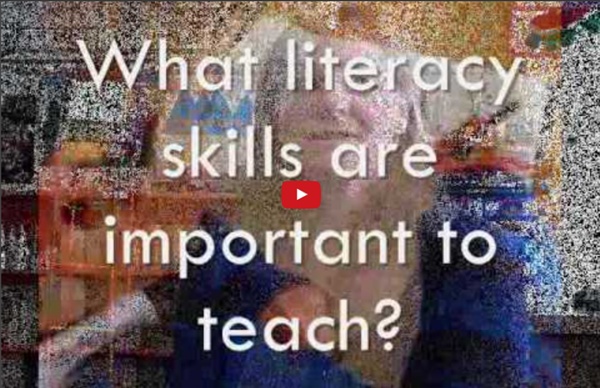



How to Build a Basic Toolbox for 21st-Century Learning - Getting Smart by Susan Lucille Davis - edchat, engchat, student blogs, student wikis I remember exactly how I felt when I put together my first real toolbox. The gray no-nonsense plastic container, made by Rubbermaid, would house the essential tools I needed now that I was twenty-something and on my own. I bought a hammer, of course, two kinds of screwdrivers (one with a Phillips head and one with a flat head), a foldout miniature saw, some nails and screws, and a measuring tape. I mainly used the toolbox to hang pictures in my apartment, but oh my, did it make me feel empowered! This summer, as I have transitioned to a new teaching position in a new school and a new culture, I have found myself fixated on that toolbox. I know that my students will have access to laptops, though that’s about it for now. Phase 1: Basic Toolbox Collaborize will be the toolbox itself, providing a space to organize all aspects of my work with my middle school students. Phase 2: Advanced Toolbox (Digital Portfolios and Blogging) You might also think of a wiki as a nifty organizer tray.
Standards for the 21st-Century Learner Skip to main content ALA User Menu Search form A Division of the American Library Association You are at: ALA.org » AASL » Learning Standards & Program Guidelines » Standards for the 21st-Century Learner Share this page: Share on Facebook Share on Google+ Share on Pinterest Print Standards for the 21st-Century Learner Standards for the 21st-Century Learner offer vision for teaching and learning to both guide and beckon our profession as education leaders. Rights and permission on the use of the learning standards. Downloading & Ordering You can download the Learning Standards as an eight-page full-color pamphlet: You can also purchase the learning standards in packets of 12 from the ALA Online Store. Prices are $13.50 for members; $14.95 for non-members. *This publication complements the Standards for the 21st-Century Learner in Action and Empowering Learners: Guidelines for School Library Programs. © 1996–2015 American Library Association
Shibboleth Authentication Request 15303.pdf